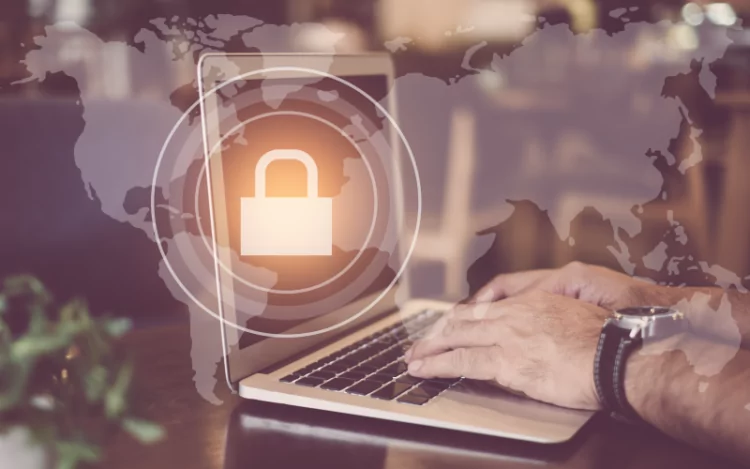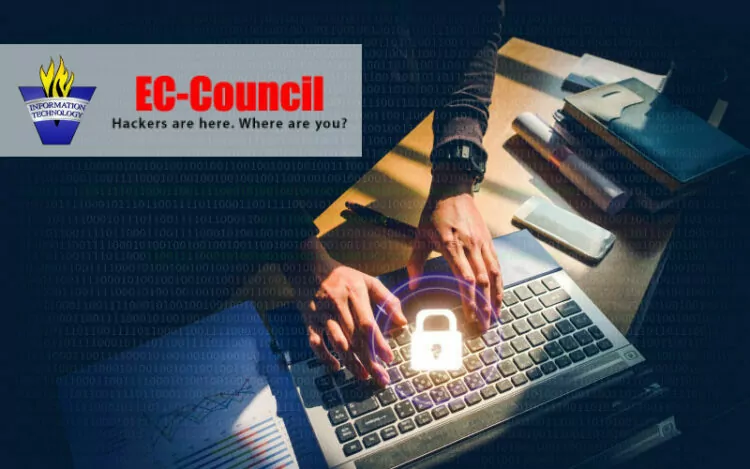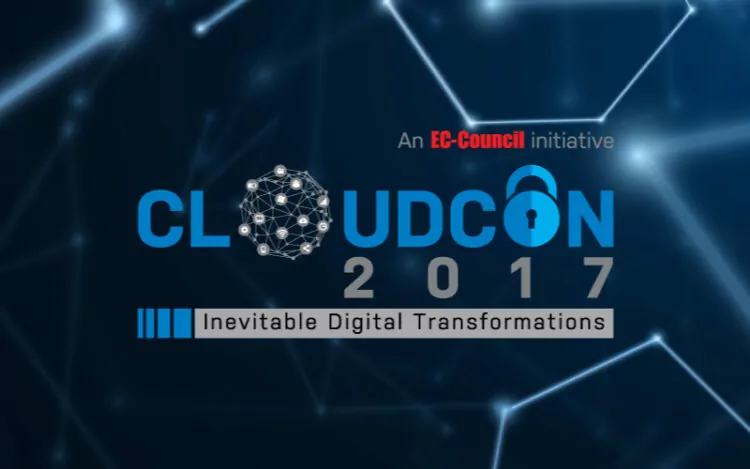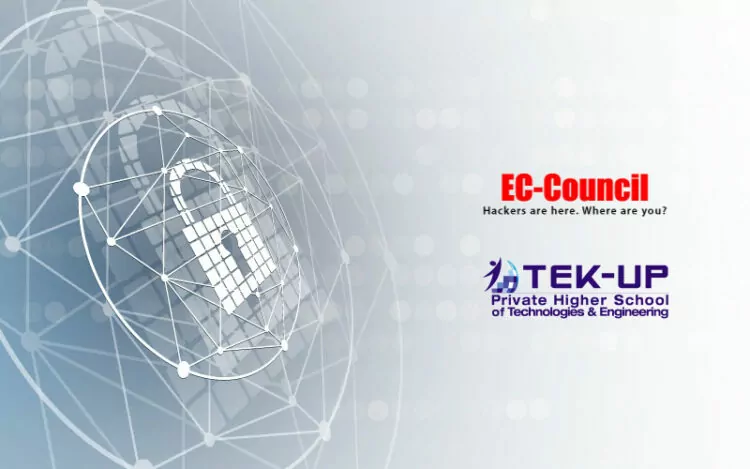EC-Council Helps Promote a European Vision of Cybersecurity at 10th Edition of the Forum International of the Cybersecurity
The 10th-anniversary edition of the Forum International of the Cybersecurity (FIC) was hosted on January 23rd and 24th at the Lille Grand Palais, France, where EC-Council participated as the sponsor and official partner at the event for the 6th consecutive time. EC-Council presented its main training and certifications, showing the strength of its network by creating a map covering Europe and Africa.The FIC is part of a process of reflection and exchange aimed at promoting a European vision of cybersecurity. It focuses on breaking down cybersecurity issues by bringing together cybersecurity influencers, accelerating the development of the European cybersecurity market, fostering innovation in digital trust, and building an inclusive approach to cybersecurity in organizational transformation among others. According to the FIC, the world is now entering an era of hyper-connection where machines and individuals are constantly connected and communicating with one another. This brings about an exposure to various vulnerabilities (often mimicking a domino effect), which leads to the question of resilience. EC-Council shared its booth with two other partners at the event—Sysdream and ESAIP. Fifteen other partners, also participating in the event, demonstrated their exclusive EC-Council partner status through the prestigious ”EC-Council Training Partner” sticker displayed at their booths. As a part of the event, EC-Council partnered and sponsored the Ethical Hacking challenge, which was covered by a French journalist, Damien Bancal, who specializes in IT security. The winners of the challenge were awarded by Claire Kemp, IT-Gnosis CEO and representative of EC-Council, with the CEH training offered by EC-Council in collaboration with Sysdream. The event was also attended by several global leaders, including: Mr. Gerard Collomb, Minister of the Interior; Mrs. Florence Parly, Minister of the Armed Forces; Mr. Mounir Mahjoubi, Minister of State for the Digital Sector; and Mr. Richard Lizurey, General Director of the National Gendarmerie. The conferences, talks, master classes, technical demonstrations, and workshops promoted the theme of the event—Hyper-connection: the Resilience Challenge. Some other topics discussed during the event included: “GDPR: A Few Weeks before Deployment, are the Companies Ready?”; “Cyber Threat Intelligence: What Is Its Real Added Value?”; “How to Secure the Public Cloud? The Answer In 10 Recommendations”; “Warfare And Hacking Democracy Information”; and “Cloud And Encryption: Friends Or Foes?” As the official European EC-Council representative, IT-Gnosis is ready to contribute to the 11th edition of the FIC! About the Forum International of the Cybersecurity The International Cybersecurity Forum is a platform promoting a pan-European vision of cybersecurity, as well as a way to strengthen the fight against cybercrime. In order to do so, it depends upon the trade show’s ability to share knowledge and ideas, recruit new employees and maintain contacts. As well, it depends on the forum to discuss and debate with experts, to gather ideas, and to share professional lessons. As well, the observatory is important in order to continue exchanging views and information after the FIC, to explore topics in greater depth, and to consolidate our network of experts and like-minded individuals throughout the year. For more information visit https://www.forum-fic.com/. About EC-Council EC-Council has been the world’s leading information security certification body since 2002. EC-Council is a member-based organization that certifies individuals with various information security and e-business skills. It is the owner and creator of the world famous Certified Ethical Hacker (CEH), Computer Hacking Forensics Investigator (CHFI), EC-Council Certified Security Analyst (ECSA), and Licensed Penetration Tester (LPT) programs, as well as many others programs. EC-Council Foundation, the nonprofit branch of EC-Council, created Global CyberLympics, the world’s first global hacking competition. For more information, visit https://staging-new.eccouncil.org/.
Read article










